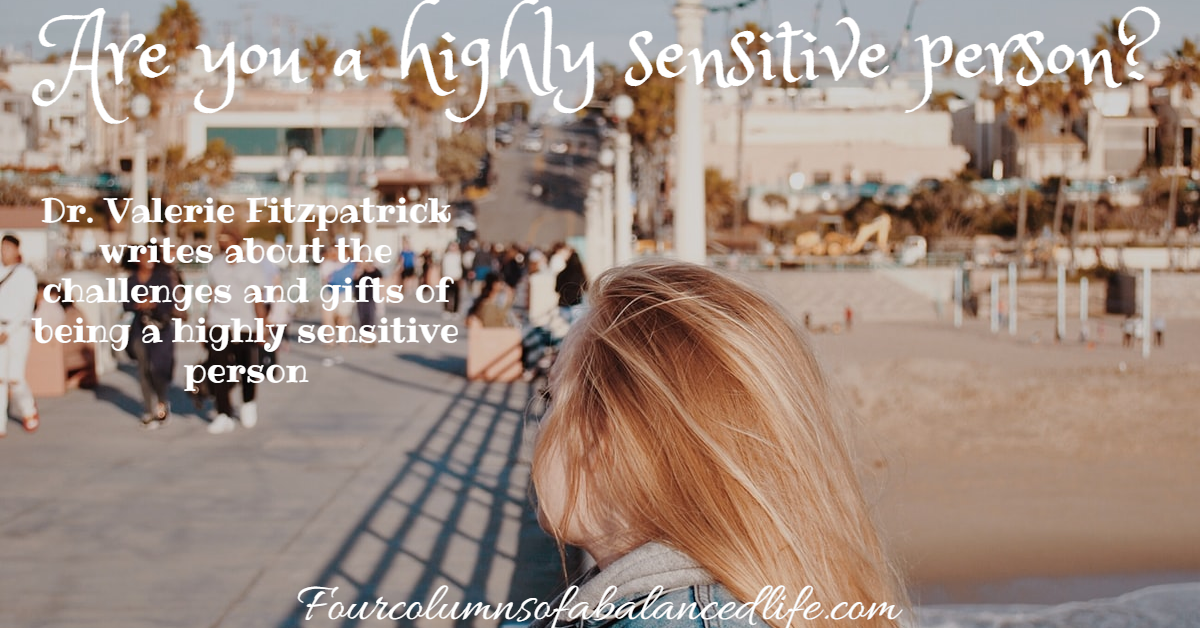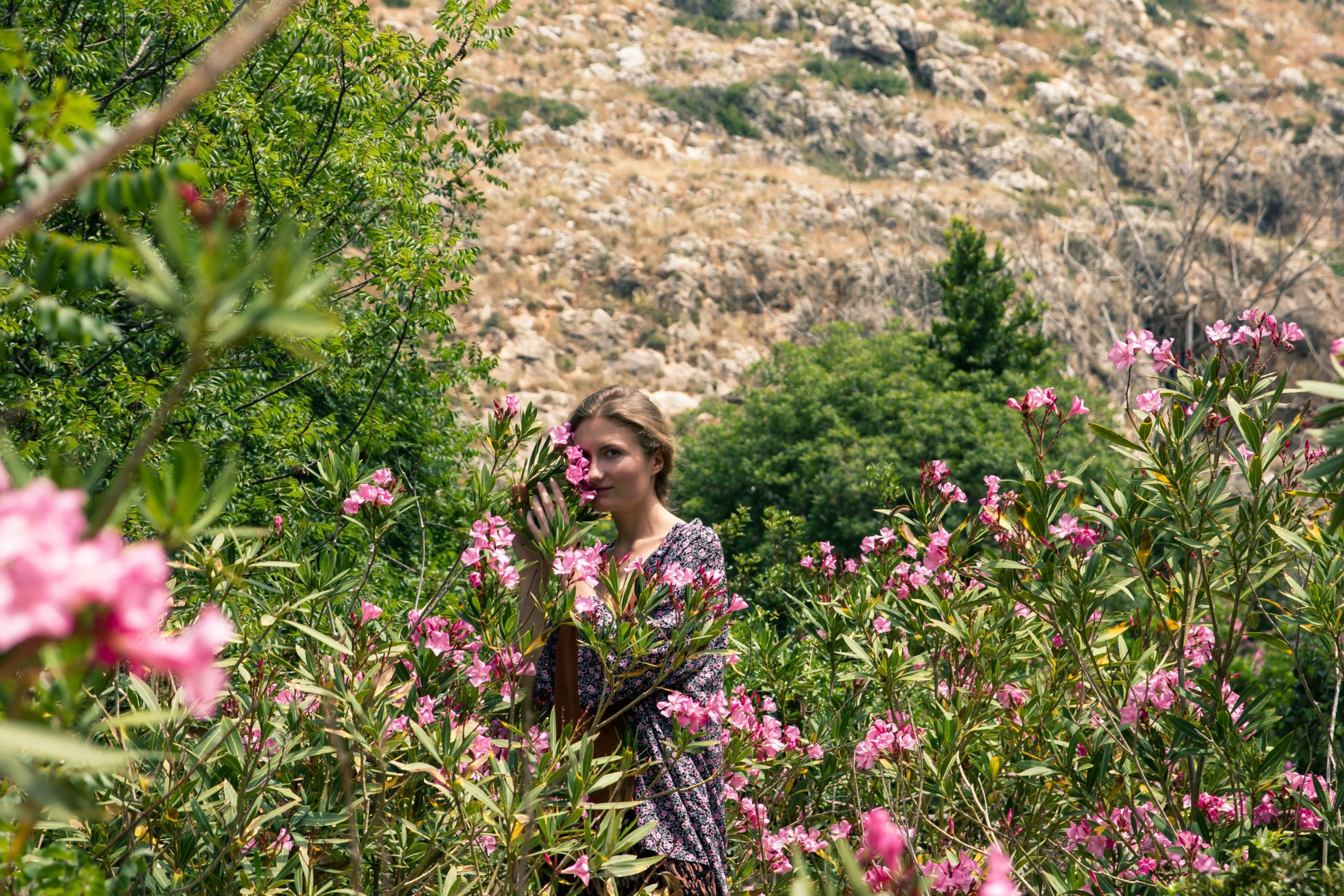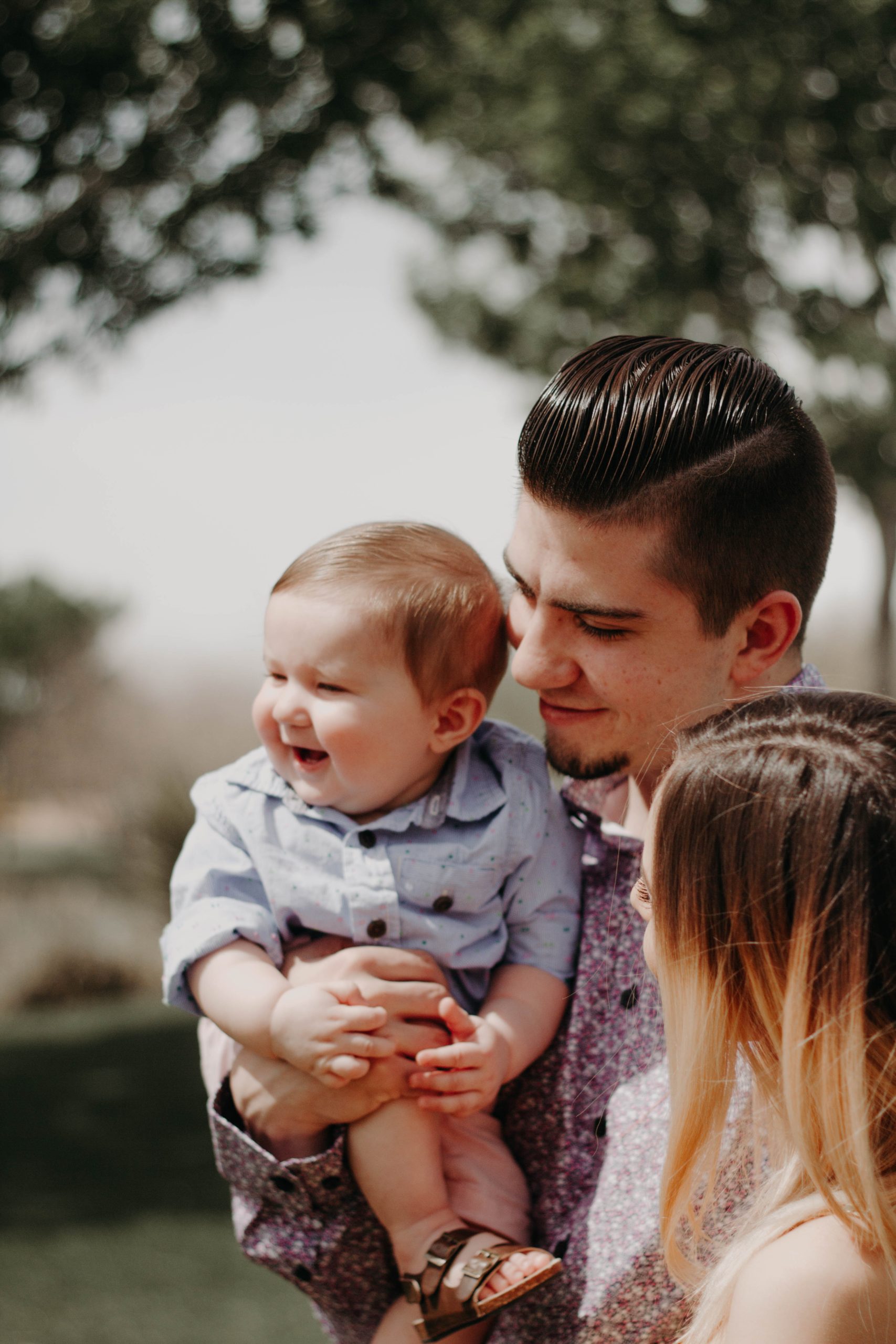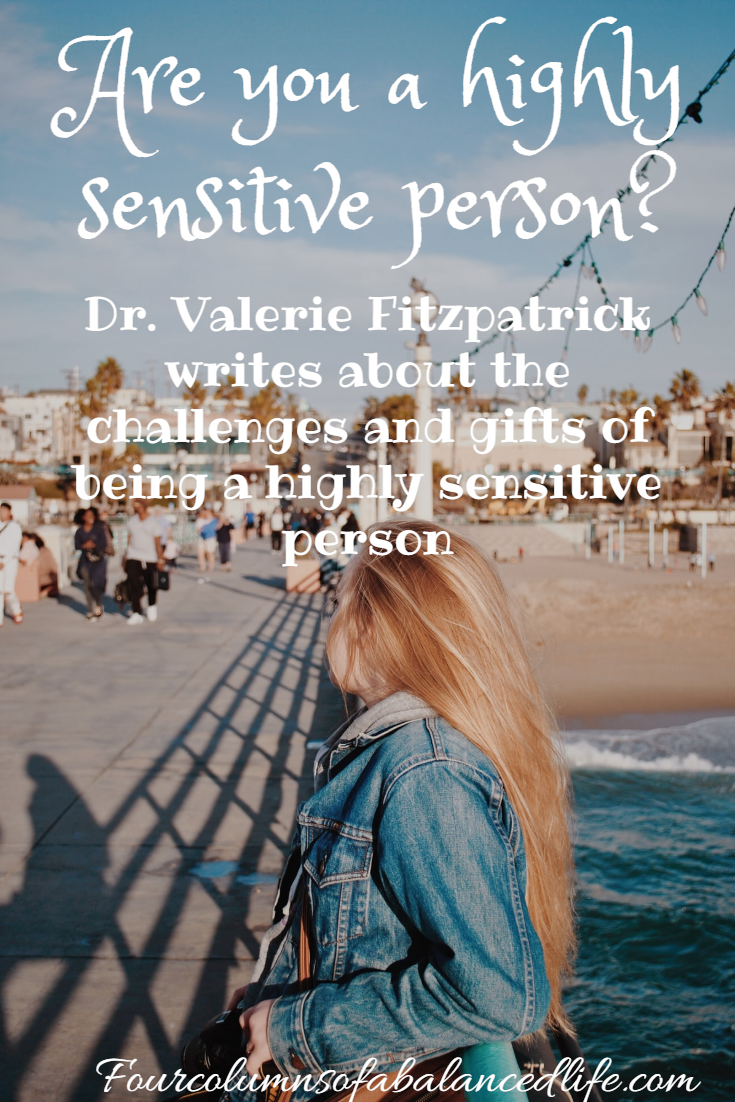The challenges and gifts of being a highly sensitive person

Introduction
All my life, I have felt like an outlier or a highly sensitive person. I like to write, act, visit the theatre, art, travel, and photography. Sometimes in society, some activities are considered macho and manly. As a result, other activities are considered feminine. I also felt I was more emotional, sentimental, and more in touch with my feelings and emotions. However, as I get older, became a husband and father, I realized it is these very qualities that have helped me become a better person. As time has gone, I have learned to apply filters, boundaries, and the importance of self-care.

I interviewed Dr. Fitzpatrick a while back and the interview was very popular. We did another interview on healthy boundaries which is one of the most popular interviews, read by women in sixty countries. As we started talking, she mentioned how she is a highly sensitive person. I asked her to do a guest post for me. This is my first guest post. As a control freak, it is not easy. Valerie is erudite, smart, intelligent, in touch with her own feelings, emotions and links the physical, emotional and spiritual aspects together.

I want to write about being a highly sensitive person because knowledge is power. That has been the case for me and hope it will be the case for others. I am writing this article for highly sensitive people and empaths, as well as for the people in their lives. Sensitivity can contribute to stress, illness, and relationship problems, low mood, as well as environmental sensitivities. Yet, sensitivity can also contribute to beautiful depth and fulfillment in life.

The terms for a highly sensitive person
There has been much research in recent years on high sensitivity, with different terms used by different researchers looking at this personality trait. I have seen the terms:
Highly Sensitive Person
Sensory Processing Sensitivity
High-reactive
Empath
Sensate
Kinesthetic
Perceptive processor
Whatever term you want to use, there is a very real fact that a portion of the population (some researchers estimate 10-20%) is made up of highly sensitive people. This is not a disorder, it is just a different way of experiencing the world, a different way of being. Just because the majority of the world population experiences things differently doesn’t mean that their experience is the correct one. Just different. I now like to think that perhaps the Highly Sensitive People should be considered the “normal’ people, and everyone else could be termed the Low Sensitivity People. Just a thought.


Nature vs. nurture
In her book Quiet, Susan Cain talks primarily about introverts, but because there is some overlap with sensitivity she gets into some of the research. Susan Cain talks about nature versus nurture and the research done on highly-reactive or easily overstimulated infants. Temperament is hard-wired or genetically based (nature) and observable in infancy. Personality develops after family and cultural influences are added into the mix (nurture). Genetic markers and brain function differences have been found in highly sensitive people. It seems that these hard-wired differences make highly reactive or sensitive children then more influenced by the world around them than the average child. So their nature has made them more easily influenced by nurture. Cain mentions a theory put forth by David Dobbs about “orchid children”. His idea was that many children are like dandelions, able to thrive in just about any environment /experience; other children, the highly sensitive types are more like orchids. Orchids will wilt easily in harsh environments, but under the right conditions can grow strong and beautiful.


Elaine Aron on Highly Sensitive People
Elaine Aron has done a lot of research on Sensory Processing Sensitivity (SPS) and the people who have it, Highly Sensitive People (HSP). Aron says that people who have this temperament or personality trait have increased sensitivity in their central nervous system: deeper processing of physical, social, and emotional information. She says there is also an increased emotional reactivity and empathy, a greater awareness of environmental subtleties, and a tendency to get easily overstimulated. HSP are often sensitive to light, sounds, smells, pain. They tend to be highly observant and contemplative. They don’t like surprises. They don’t like being observed or judged. They tend to be philosophical or spiritual. They don’t like small talk. They are often creative and love the natural world and the arts. They feel emotions deeply, all emotions, both pleasant and unpleasant. They often notice little changes in the environment or another’s mood, subtle changes that someone else might miss.

Dr. Judith Orloff on empaths
In her book, The Empath’s Survival Guide, Dr. Judith Orloff mentions that empaths share some or all of the traits of HSP, however, empaths take the experience of the HSP even further. Empaths can sense subtle energy and can absorb this. Empaths often have trouble distinguishes someone else’s distress or discomfort from their own. In other words, empaths have extremely reactive neurological systems. Empaths don’t have the same filters that other people have to block out stimulation, and they can absorb the stress around them. This constant stimulation can be exhausting. Empaths also often find themselves in relationships with emotionally unavailable people. Orloff also tells empaths that they should be aware that ‘energy vampires’ and narcissists will be attracted to your openness and loving nature. Whether at work, school or home, energy vampires will happily drain your physical and emotional energy. The toxic ones can make you feel defective or unlovable.

Dr. Orloff, as an empath herself, gives great advice on healthy coping strategies, navigating relationships, parenting, and avoiding negative coping strategies such as addictions, and overeating. She stresses the importance for empaths of being out in nature, especially near water. She gives recommendations on recognizing and avoiding energy vampires. She stressed the importance of time alone to be quiet and creative. She suggests taking restful vacations alone to get recharged and meditating rather than grabbing for food or alcohol.

The difference between empathy and being an empath
Just to be clear, ordinary empathy is not the same as being an empath. Ordinary empathy means that you can be sad for someone who is having a difficult time, and you can be happy for someone who has a happy life event. Being an empath, you sense the other person’s emotions and sometimes even their physical symptoms in your own body. Empaths feel first and then think. This is different from other people who have had some defenses up since childhood.
My own journey
Since childhood, I felt that something was wrong with me. I was physically strong, enjoying weight-training, running, swimming. Yet I was prone to motion sickness, strong skin reactions to air pollutants or water pollutants or mold or dust. I also started reacting to many foods, and then to synthetic perfumes and air fresheners. I felt energized by some people and quickly exhausted by others. I would get strong feelings of discomfort about certain people or situations but was told I was being silly. I felt the stress of going against my ‘gut feeling’ because ‘logic’ told me otherwise.

In recent years I have happily learned that I do not have a disorder or weakness, but just a different way of being, a different way of experiencing the world. I am now grateful for being highly sensitive and empathic. I am grateful that I can feel highly moved by art, poetry, nature. Grateful that I have been able to make a deep meaningful connections with others. I am grateful for the blessing of being able to connect with my patients/ clients in my work as a chiropractor. I have realized that I can trust my intuition about people and situations, and to find certainty in that inner knowing.

I am learning how to manage my sensitivity and my time to make sure that I don’t get overstimulated or exhausted. I have found that Somato-Respiratory Integration, yoga, chiropractic care, and Eden Energy Method exercises are very helpful in strengthening my sense of personal space and personal energy. Mindful meditation, prayer walks and creating art also helps ground me. When I feel overstimulated, or overwhelmed I know that I can use one of these tools. I can postpone or remove something from my schedule. I have learned to prioritize; first things first, the rest can wait. I know when I need to do less, be alone, and recharge. I am a social person and I truly enjoy time with others, but time with others can also overstimulate me and tire me out. Now I know to recognize the early signs and change my schedule. In a sense, I have been learning how to create a healthy filter for myself.

I think a tragic example of a highly sensitive person who has experienced only the burden of sensitivity is the character of Fiona in the movie About a Boy. (spoiler alert) Fiona is a single mother. She cares about her son so she knits him homemade sweaters and makes healthy homecooked meals. She cares about damage to the planet and animal-cruelty so she sticks to a vegetarian diet. She cares about people with challenges so she works as a music therapist for children with disabilities. She cares about political prisoners and social injustice so she supports Amnesty International. She cares about other peoples’ needs more than her own so she graciously invites her ex-husband, his new girlfriend, and his girlfriend’s mother to Christmas dinner. Fiona is also severely depressed and attempts suicide. Sometimes people who care the most, hurt the most. Sometimes people who feel the most, who take on the world’s problems as a personal burden, who have no filter to distinguish ‘self’ from the ‘other’, feel a pain that feels impossible to live with.

There are sensitive and empathic people who are living with this type of pain – living like a wilted orchid. The good news is that there are also sensitive and empathic people in this world who, with self-awareness and wise choices, have learned to harness this sensitivity and channel it into careers as brilliant researchers, writers, musician, actors, artists, and healers; into deeply felt lives with intimate relationships – living like a strong majestic orchid.

Photo Credits: Amir Taheri Héctor Martínez Dominic Sansotta Nine Köpfer Yuri Kabisher Ben White Tuva Mathilde Løland Jeremy Bishop Fezbot2000 Court CookElijah Hiett

That was an excellent article!! I very much relate to most of it!! It feels like a blessing and a curse to be highly sensitive like this. It’s always encouraging to read something from professionals that validates that there’s nothing wrong with people like this and that many experience the world in a similar way!
Thank you Kim. I am so glad that you felt encouraged by the article. Challenges can feel easier when we don’t feel alone in it.
Thank you Kim. I am so glad to hear that you felt encouraged by the article; a challenge can feel a little easier when we don’t feel alone in it.
This is giving me so much to think about. I consider myself a highly sensitive person and I am grateful for all its positive traits. I’m more creative than most people in many areas. The bad part of been so sensitive for me was growing up among really rough people who didn’t care about treating others with love and care. A highly sensitive person has to get tough enough to face the adversity of this world. So important for parents to care for this type of person.
Mariferv, you make a good point about the difficulty of growing up with insensitive rough people. Some sensitive people do end up getting tough to cope, hiding their fear behind sarcasm or other hardened behaviour. Thanks for sharing.
very well written thank you for a nice post 🙂
Thank you White Bathroom Tap. BTW I really like your pseudonym.
This is very enlightening, educational and helpful for me. I have never before read this detailed information and am really glad to learn about it from your first hand experience and educated point of view. Many thanks!
Hazel, thanks for your comment. I am glad that my article was informative for you.
Thank you Hazel. I am glad that you found my article informative.
Thanks for this article! I’m a highly sensitive person and I always felt out of place from everyone as a kid. I didn’t learn to harness it, or understand it for that matter, until I was much older.
Hello Islandoftreomynd. Thanks for sharing. Yes, growing up can be so difficult when you feel so different than the majority.
A well written article. You make a good point what is normal. We have all been put in these boxes and now we realize we do not fit into a normative behaviour.
Thanks for leaving a comment, Sandra Liz. Yes, perspective is all relative.
This is a great post and perfectly written! I related to a lot of the things you mention, and have previously thought of being a highly sensitive person as a negative thing. But after reading this and other information on this I actually think it can be a positive!
Meera, I am so glad that you are able to see the positive side of your sensitivity. Thank you for your kind comment, and thank you for sharing.
Thanks so much for sharing this, Valerie. We are so blessed by your empathic and highly sensitive ways. So glad that the book, Quiet, has helped you too. Cheryl really felt empowered by knowing the strengths of being an introvert, after reading this book, and has shared it with many people who, in turn, felt the same benefit. As an empath and HSP myself, I too, have been challenged by all that you mentioned in the article. I’m also an extrovert so that puts a little bit of a different/confusing spin on things.
Sol, thank you for the kind and encouraging words. I am so grateful that you and Cheryl were insightful and thoughtful enough to suggest that I read “Quiet” a few years ago. You started me on quite a happy little journey.
being in touch with your feelings is absolutely good for your emotional health.
glad to see that you haven’t changed despite the societal expectations.
thanks for sharing your honest thoughts!
Hariandbooks, thanks for the positive feedback.
Thanks for the positive feedback, Mixer Tap. It is so encouraging to hear that you found the words accessible and helpful.
I am raising a highly-sensitive person so this post will really come in handy. Thanks!
Brooke, it’s wonderful that you are making the effort to parent with awareness and understanding. Enjoy the journey.
Thanks for sharing. Lately I have been noticing in myself that I have a lot of these qualities. It has helped me understand why I am the way I am.
Courtney, it is always good to hear that my writing has helped someone in some way.Thanks for sharing.
I relate so much to this! Thank you for sharing and bringing awareness!💗
Delaney, it is my hope that all of us HSP can feel not so alone or different. Thanks for your comment.
I totally agree
Thanks for sharing Crazy Fitness Guy!
Wonderful piece. Being highly sensitive or even an empath has times where it will be very difficult. Feeling the emotions of others you are trying to help often becomes like ya ding against the surf as waves pound against you.
But these times can also be some of the greatest moments for growth.
Hi David, The analogy with waves is a good one. Thank you.
This is such an eye opener! Thanks to your guest writer for such an insight. I identify a lot with some of the characteristics and also feel a little troubled by some. I’m hoping that with this reading I will understand things more and be able to put some things into perspective, not just about myself but about others around me too.
JOLEISA, Thank you for taking the time to leave a comment. I am so glad that you found the article helpful. I hope that you continue to find the gifts in being sensitive, and find ways to manage the more challenging parts.
Great article. It makes me think of my son. I sometimes wonder if he is highly sensitive. He plays soccer and is passionate about the game, he will cry if his coach scolds him or if he didn’t defend his goal and the other team scored and a list of other things. We are worried if he will be made a target because of this among his peers. We do not want to shut him down so we are working through it with him right now. He did have a bout of “sadness” as he called it and it was worrying but once he is busy, he is okay. I dunno.